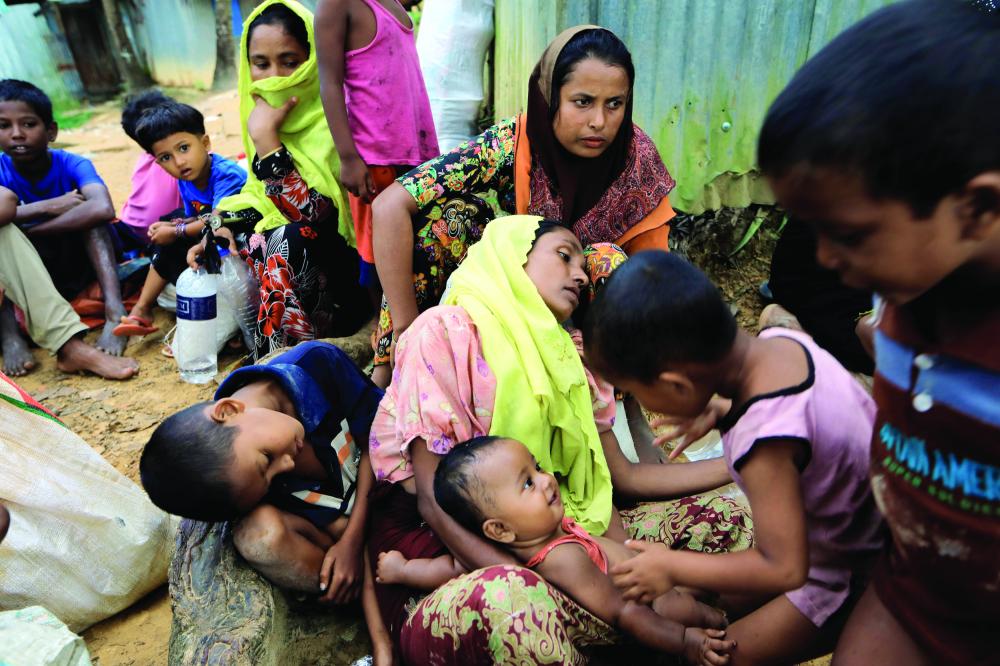
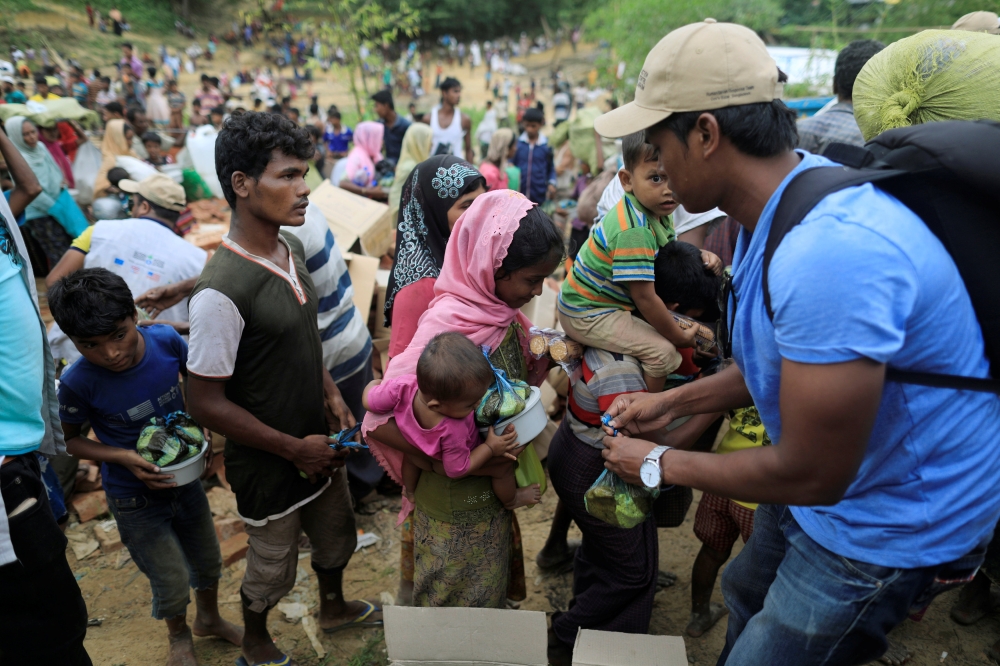
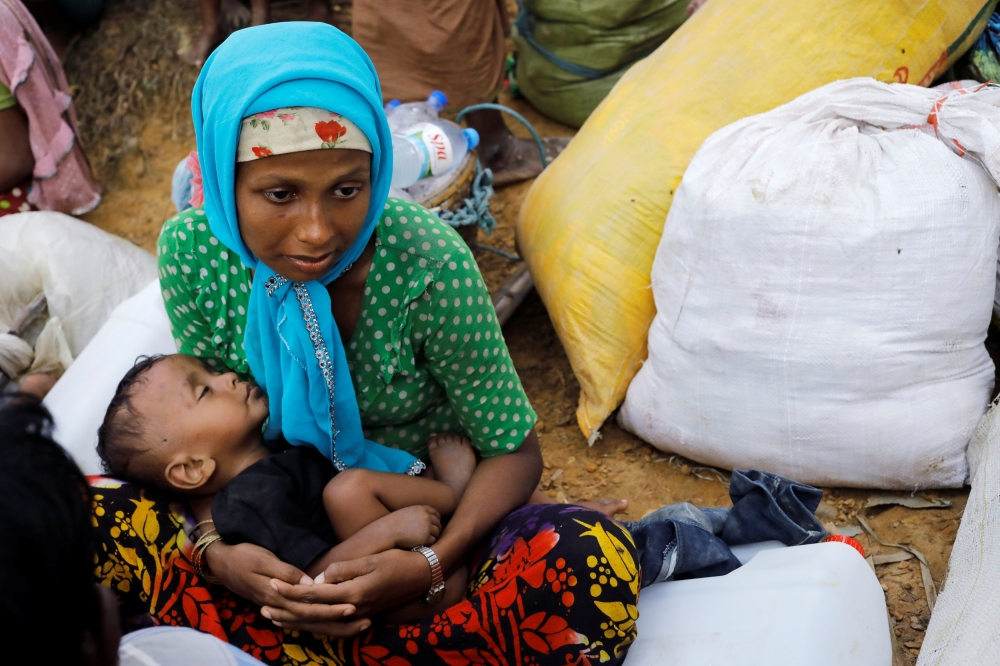
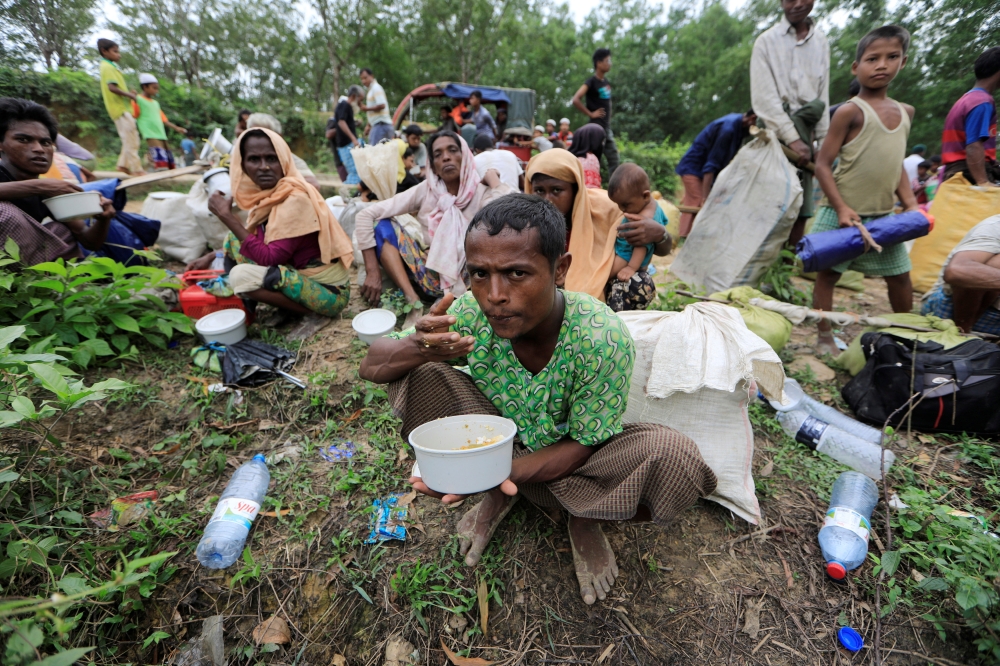

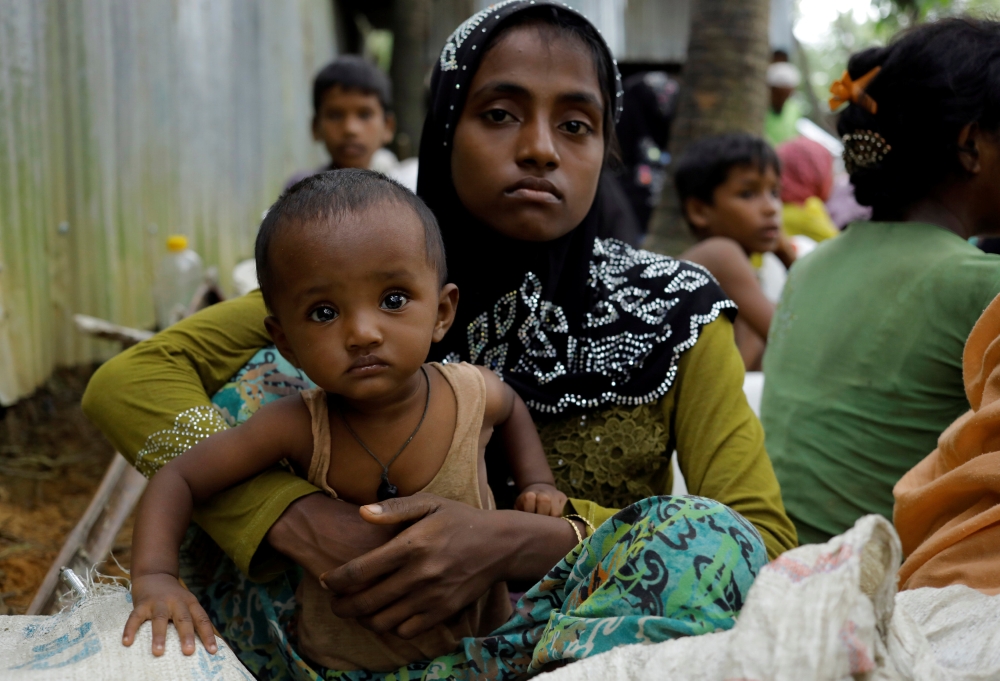
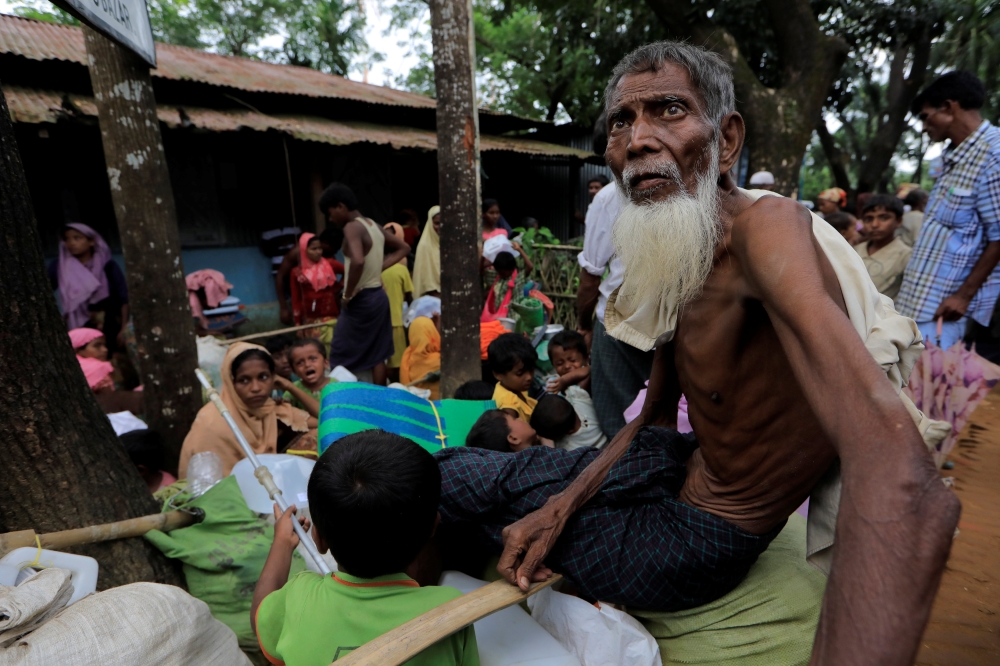
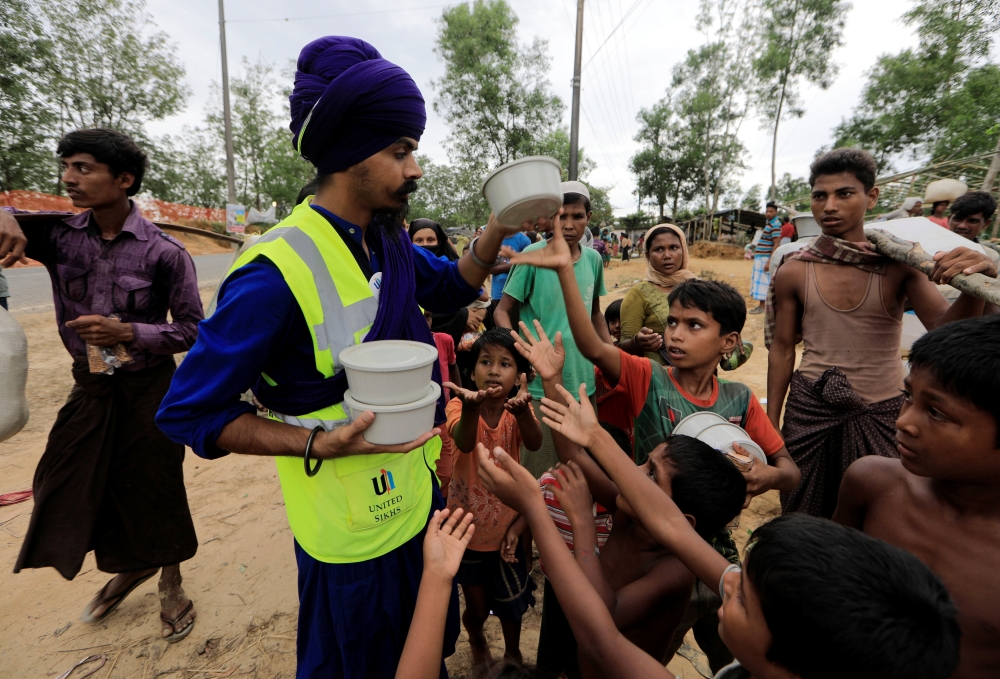
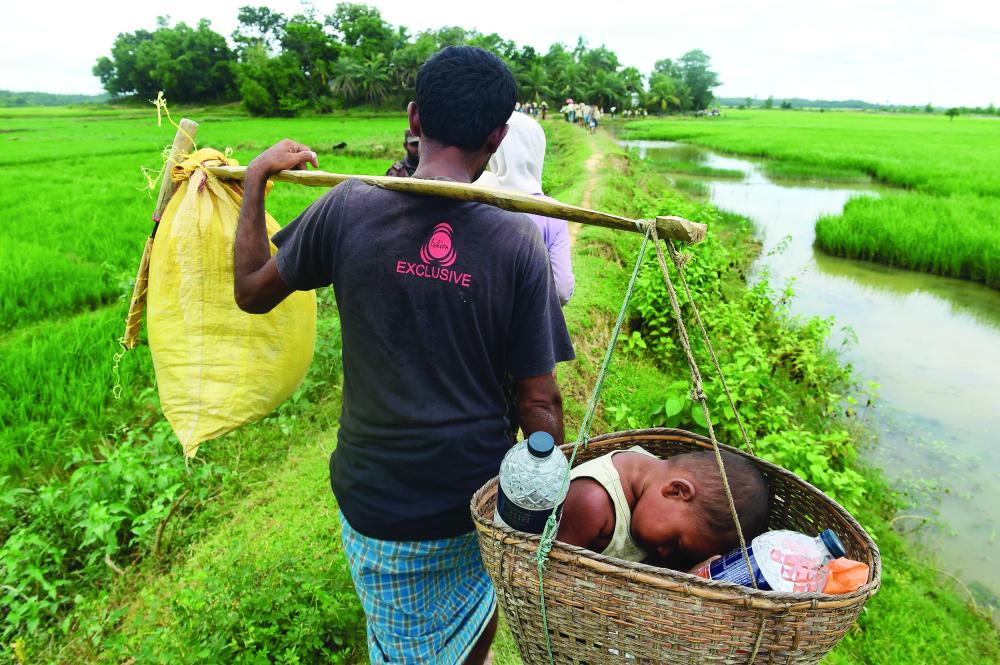
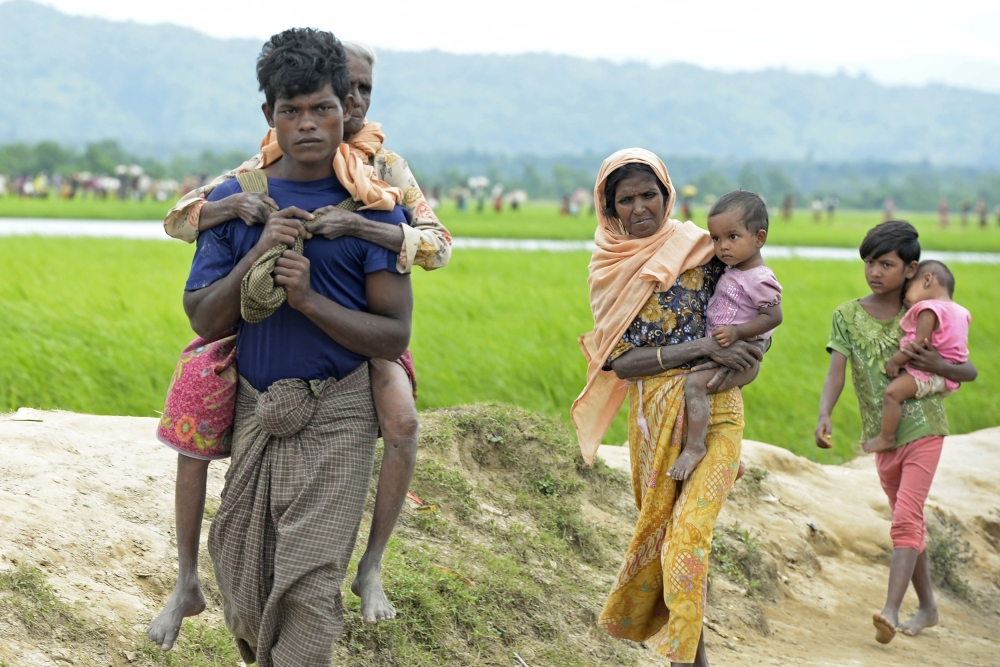
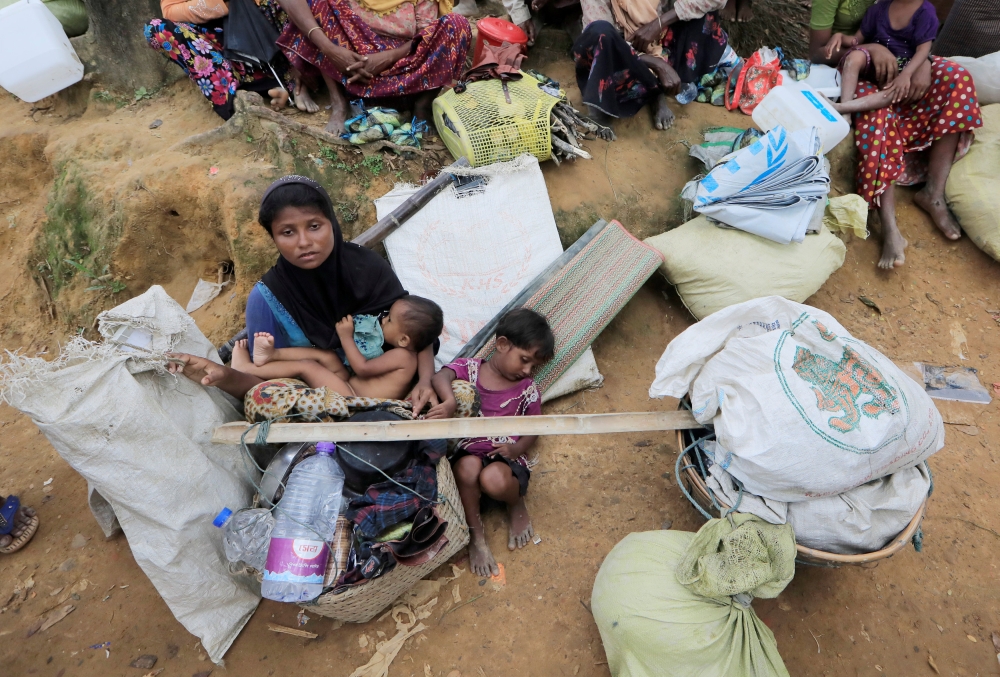
أفادت مسؤولة آسيا والمحيط الهادي في مكتب مفوض الأمم المتحدة السامي لحقوق الإنسان جيوتي سانجيرا، أمس الأول أن الأمم المتحدة لم تقرر بعد ما إذا كان العنف ضد الروهينغا المسلمين في بورما إبادة جماعية.
وكان مفوض الأمم المتحدة السامي لحقوق الإنسان الأمير زيد بن رعد الحسين وصف الوضع في بورما بأنه «مثال صارخ على التطهير العرقي»، لكن لم يستخدم مصطلح «الإبادة الجماعية».
وجمع فريق من الأمم المتحدة شهادات من اللاجئين الروهينغا الشهر الماضي، وهناك بعثة أخرى لحقوق الإنسان موجودة حاليا على الأرض لجمع أدلة من بعض اللاجئين الروهينغا البالغ عددهم 582 ألفا الذين فروا إلى بنغلاديش خلال الشهرين الماضيين.
وحول عمل الفريق والبعثة، أوضحت سانغيرا في مؤتمر عقد في جنيف أن اللاجئين تحدثوا في شهاداتهم عن عمليات الاعتقال الواسعة والاغتصاب الممنهج، التي ترتكبها قوات الأمن بورما والتدمير المتعمد لقرى الروهينغا حتى لا يتمكن الناس من العودة والاستهداف المتعمد للزعماء الدينيين وقادة الثقافة، وأضافت أن شهادات سجلت عن حرق لحى أئمة واغتصاب نساء وفتيات داخل المساجد.
وكان مفوض الأمم المتحدة السامي لحقوق الإنسان الأمير زيد بن رعد الحسين وصف الوضع في بورما بأنه «مثال صارخ على التطهير العرقي»، لكن لم يستخدم مصطلح «الإبادة الجماعية».
وجمع فريق من الأمم المتحدة شهادات من اللاجئين الروهينغا الشهر الماضي، وهناك بعثة أخرى لحقوق الإنسان موجودة حاليا على الأرض لجمع أدلة من بعض اللاجئين الروهينغا البالغ عددهم 582 ألفا الذين فروا إلى بنغلاديش خلال الشهرين الماضيين.
وحول عمل الفريق والبعثة، أوضحت سانغيرا في مؤتمر عقد في جنيف أن اللاجئين تحدثوا في شهاداتهم عن عمليات الاعتقال الواسعة والاغتصاب الممنهج، التي ترتكبها قوات الأمن بورما والتدمير المتعمد لقرى الروهينغا حتى لا يتمكن الناس من العودة والاستهداف المتعمد للزعماء الدينيين وقادة الثقافة، وأضافت أن شهادات سجلت عن حرق لحى أئمة واغتصاب نساء وفتيات داخل المساجد.
